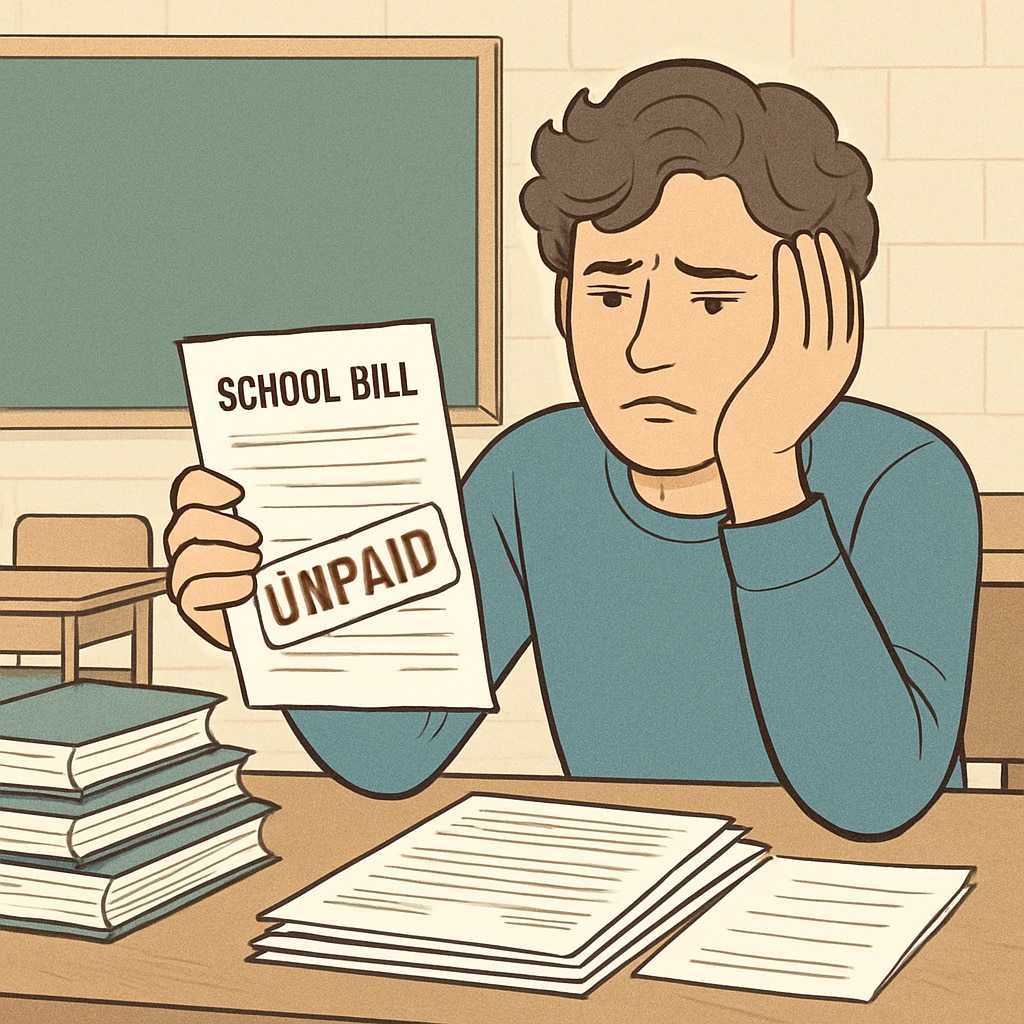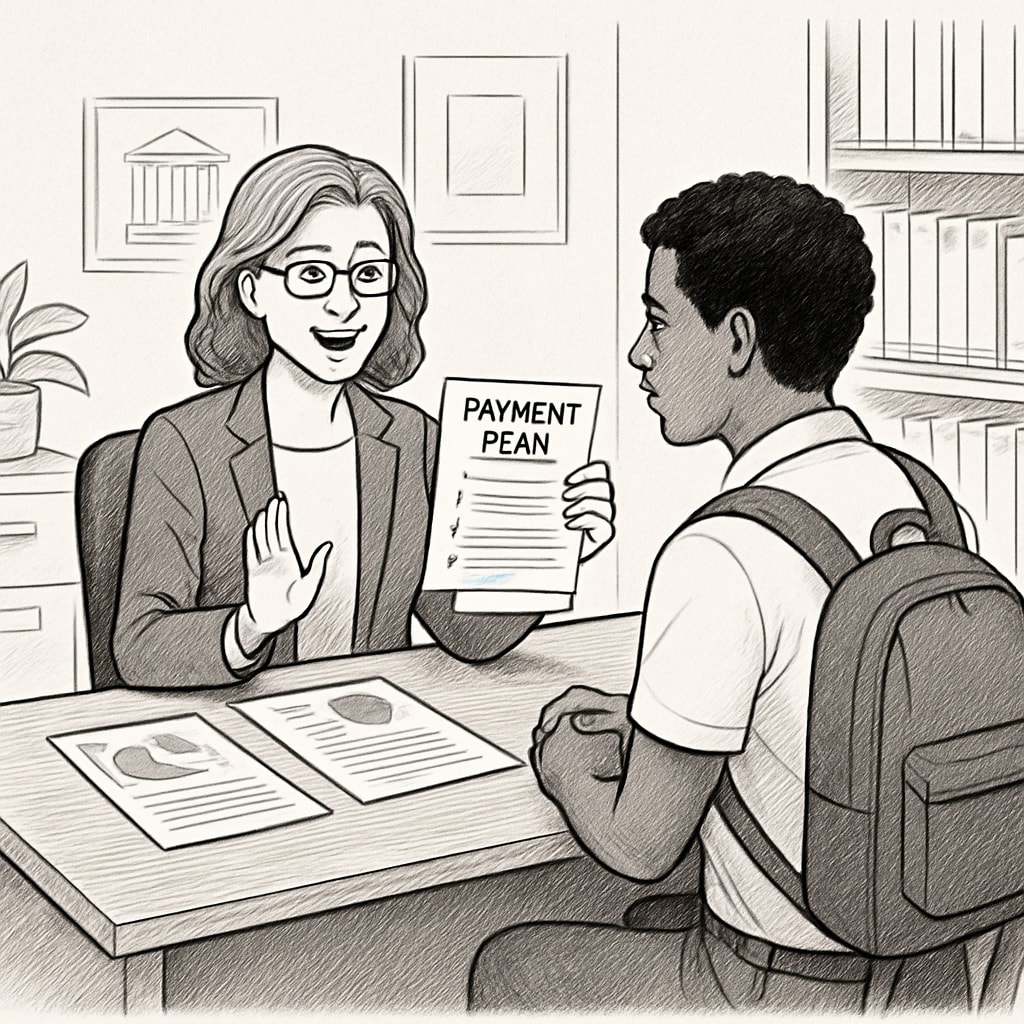For many students and their families, the road to academic and professional success can be fraught with financial challenges. A particularly difficult situation arises when students need their academic records or transcripts to apply for professional certifications, such as PRC (Professional Regulation Commission) examinations, but have unpaid school fees. This creates a tension between educational institutions’ right to enforce their financial policies and students’ need to progress in their careers. In this article, we will examine the policies surrounding this issue, the impact on families, and potential solutions that can benefit all parties involved.
Why Access to Academic Records Matters
Academic records and transcripts serve as a gateway to further education and professional opportunities. For example, in the context of PRC exam applications, these documents are critical for verifying educational qualifications. However, when students have outstanding balances, many institutions withhold transcripts as a means of ensuring payment. While this policy protects the financial health of schools, it can create significant obstacles for students who need these documents to continue their education or secure employment.

The Ethical and Practical Dilemma
Withholding academic records due to unpaid balances places both educational institutions and students in a difficult position. On the one hand, schools rely on tuition and fees to maintain operations, pay staff, and provide quality education. On the other hand, denying access to transcripts can hinder a student’s future prospects, perpetuating cycles of financial hardship.
For instance, a student who needs their transcript for a PRC exam may be unable to take the test, delaying their ability to enter their chosen profession and earn an income. This delay can exacerbate financial difficulties, making it even harder to pay off the outstanding balance. As a result, both the institution and the student face long-term consequences.
Legal and Policy Considerations
The legal landscape surrounding this issue varies by region and institution. In some countries, laws explicitly prohibit schools from withholding academic records due to unpaid balances, while others leave this decision to the discretion of individual institutions. According to Britannica’s overview of education systems, policies often reflect broader societal attitudes toward education as a right versus a privilege.
In jurisdictions where withholding transcripts is legal, institutions often justify the policy as a necessary means of enforcing financial agreements. However, critics argue that this approach disproportionately affects low-income students and undermines the principle of equal access to education.
Practical Solutions for Students and Schools
To address this issue, both students and institutions can explore solutions that balance financial accountability with educational access:
- Payment Plans: Schools can offer flexible payment plans that allow students to pay off their balances in manageable installments while receiving access to their transcripts.
- Conditional Transcript Release: Institutions could release transcripts for specific purposes, such as PRC exam applications, while maintaining the right to pursue debt collection through other means.
- Financial Aid Programs: Expanding access to scholarships and emergency funds can help students cover outstanding balances and avoid transcript-related issues.
- Policy Advocacy: Students and families can work with policymakers to establish regulations that protect access to academic records while ensuring schools are compensated for their services.

Steps for Families Facing This Challenge
If you or your family are dealing with unpaid school fees and need access to academic records, consider the following steps:
- Contact the school’s financial office to discuss your situation and explore available payment plans or financial aid options.
- Request a conditional release of your transcript for specific purposes, such as applying for a PRC exam or job.
- Seek assistance from community organizations or local government programs that provide support for educational expenses.
- Document all communications with the school to ensure clarity and accountability on both sides.
By taking proactive steps, families can navigate this challenging situation and find solutions that support both their immediate needs and long-term goals.
A Path Forward
Balancing the needs of educational institutions with the rights of students requires thoughtful policies and open communication. Institutions must recognize the critical role that academic records play in students’ futures, while students and families must acknowledge the importance of fulfilling financial obligations. By working together, it is possible to create systems that support both parties and promote equitable access to education.
In conclusion, the issue of unpaid school fees and access to academic records highlights the broader challenges of ensuring educational equity in a financially sustainable way. By exploring creative solutions and fostering collaboration, we can help students overcome barriers to success while maintaining the integrity of educational institutions.
Readability guidance: This article uses short paragraphs and lists to summarize key points. Active voice and transition words are used to enhance clarity and flow.


